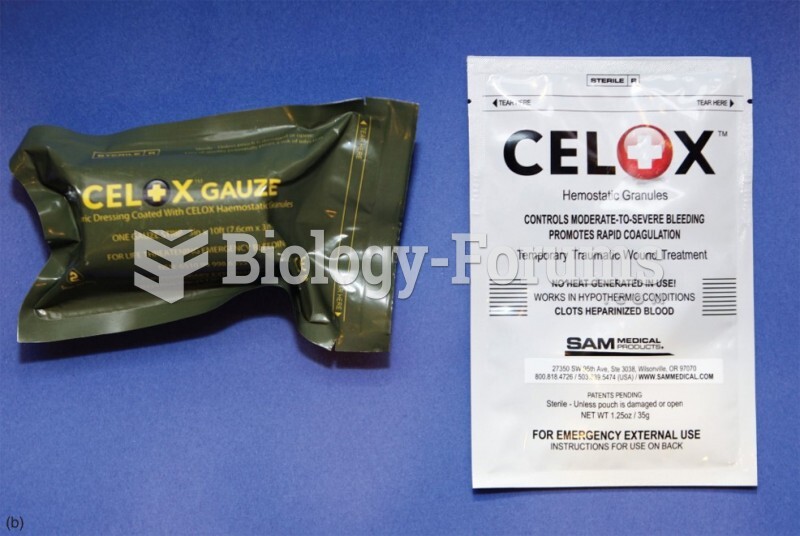|
|
|
The most common treatment options for addiction include psychotherapy, support groups, and individual counseling.
The first oncogene was discovered in 1970 and was termed SRC (pronounced "SARK").
Thyroid conditions may make getting pregnant impossible.
More than 4.4billion prescriptions were dispensed within the United States in 2016.
Tobacco depletes the body of vitamins A, C, and E, which can result in any of the following: dry hair, dry skin, dry eyes, poor growth, night blindness, abscesses, insomnia, fatigue, reproductive system problems, sinusitis, pneumonia, frequent respiratory problems, skin disorders, weight loss, rickets, osteomalacia, nervousness, muscle spasms, leg cramps, extremity numbness, bone malformations, decayed teeth, difficulty in walking, irritability, restlessness, profuse sweating, increased uric acid (gout), joint damage, damaged red blood cells, destruction of nerves, infertility, miscarriage, and many types of cancer.







